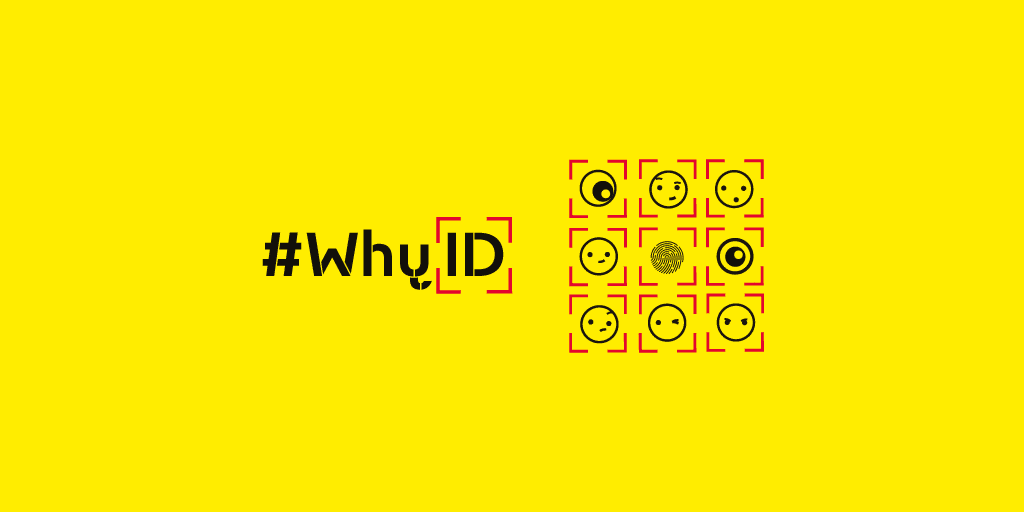Updated October 6, 2022
On October 10, the World Bank and the International Monetary Fund will hold an annual summit to discuss the challenges and opportunities that will determine the course of their work on economic inclusivity and sustainable development all over the world. Unfortunately, after just one session at the satellite event for civil society last year, digital identification systems are missing entirely from this year’s program – even as civil society organizations continue to press for answers about their responsibility in developing systems that further human rights abuse, exclusion, marginalization, and surveillance.
The push to implement digital identification systems remains a priority for the World Bank and other international organizations, as it is viewed as integral for reaching UN Sustainable Development Goal (SDG) 16.9, “legal identity for all.” However, relying on digital tools known to introduce serious human rights risks as the primary, or even exclusive, vehicle for solving complex societal problems is both short-sighted and treacherous.
This conversation needs to happen now
Earlier this month, over 70 civil society organizations, researchers, and activists called on the World Bank to protect human rights in the implementation of digital ID systems. Our calls to action for the World Bank and its donors include the following:
- Invite and fund an independent, rights-based assessment of the World Bank’s role in supporting digital ID systems globally.
- Assess existing evidence and cease activities that heighten the risk of human rights violations.
- Enforce greater transparency about activities of the World Bank regarding digital ID.
- Create opportunities for sustained, high-level engagement with civil society and other experts.
- Increase funding and resources for baseline studies and contextual analysis, cost-benefit studies, and independent rights-based assessments and evaluations.
After years of on-and-off engagement between civil society and the World Bank, it is time for rapid and significant action toward centering human rights in the digital identity discussion, heeding guidance from civil society and affected communities, and exploring rights-respecting alternatives to current digital ID models.
While we are pleased to see the recent news that the Bank will delay funds for a digital identity program in Nigeria until data protection regulations are in place, this requirement alone is not enough to protect the rights of the most vulnerable, in Nigeria or elsewhere. To keep people safe, the World Bank and other funders of digital identity systems must create and hold space for sustained, high-level engagement with civil society and other experts. This is a conversation that we need urgently, and it cannot be dismissed until next year.
